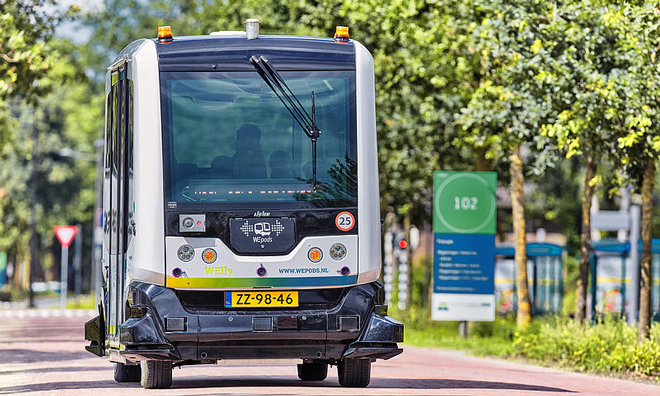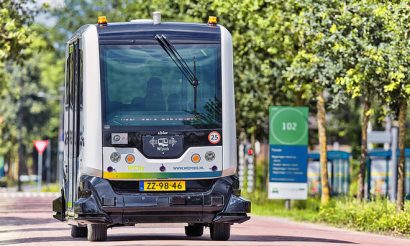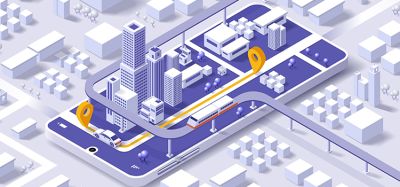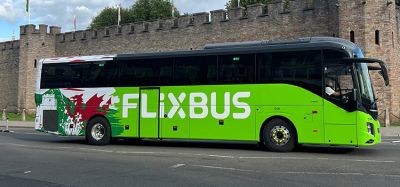Autonomous vehicles should operate in shared fleets & integrate with public transport says UITP
- Like
- Digg
- Del
- Tumblr
- VKontakte
- Buffer
- Love This
- Odnoklassniki
- Meneame
- Blogger
- Amazon
- Yahoo Mail
- Gmail
- AOL
- Newsvine
- HackerNews
- Evernote
- MySpace
- Mail.ru
- Viadeo
- Line
- Comments
- Yummly
- SMS
- Viber
- Telegram
- Subscribe
- Skype
- Facebook Messenger
- Kakao
- LiveJournal
- Yammer
- Edgar
- Fintel
- Mix
- Instapaper
- Copy Link
Posted: 17 January 2017 | Katie Sadler, Intelligent Transport | No comments yet
According to a new paper published by the UITP (the International Association of Public Transport), autonomous vehicles should be put to use in shared fleets and integrate with traditional public transport in order to reduce cars on the road.


According to a new paper published by the UITP (the International Association of Public Transport), autonomous vehicles should be put to use in shared fleets and integrate with traditional public transport in order to reduce cars on the road.


The UITP paper, ‘Autonomous vehicles: a potential game changer for urban mobility,’ found if autonomous vehicles (AVs) are put to use in shared fleets as ‘robo-taxis,’ mini-buses or in car-sharing fleets, they could dramatically reduce the number of cars on the road by reaching people and places too difficult before, helping to plug first/last-mile gaps and feed into public transport trunk lines.
The UITP believes shared fleets, integrated with traditional public transport offers the possibility of a better urban future, cutting noise and environmental pollution, improving traffic efficiency and parking and in the process liberating vast amounts of urban space for other purposes.
UITP Secretary General, Alain Flausch said: “When 1.2m people around the world die each year in car-related deaths, 90 percent of which are due to human error, the road safety benefits are also significant.”
The paper also finds that ensuring the successful roll-out of AVs is contingent on the use of fully driverless operation, believing without which AVs will not be able to form a new mode of transport and would be unable to enhance existing public transport.
Public authorities must take an active role in the roll-out of autonomous vehicles
The organisation insists public authorities must take an active role in the roll-out of AVs to ensure their shared use with measures to encourage shared mobility and limit single car occupancy – through road pricing or taxation – and provide ‘Mobility as a Service’ platforms. It believes trials should begin on public roads to see how best to integrate AVs into general road use and prepare for the impact on employment as some driving jobs could disappear and others which need specific skills could arise.
“AVs are a potential game-changer for urban mobility”
“AVs are a potential game-changer for urban mobility and cities and countries must act now to shape their roll-out,” concluded Mr Flausch. “AVs offer the chance for a fundamental change – as a key part of tomorrow’s integrated transport systems with public transport as a backbone – but if we do not act now vehicle automation might even further increase the volume and use of private cars with all of the associated negative externalities”.
Related organisations
International Association for Public Transport (UITP)








